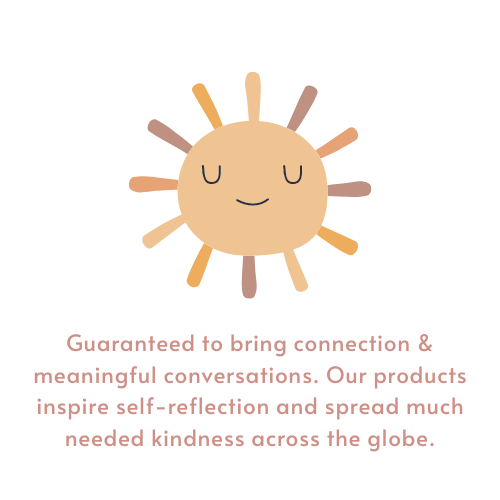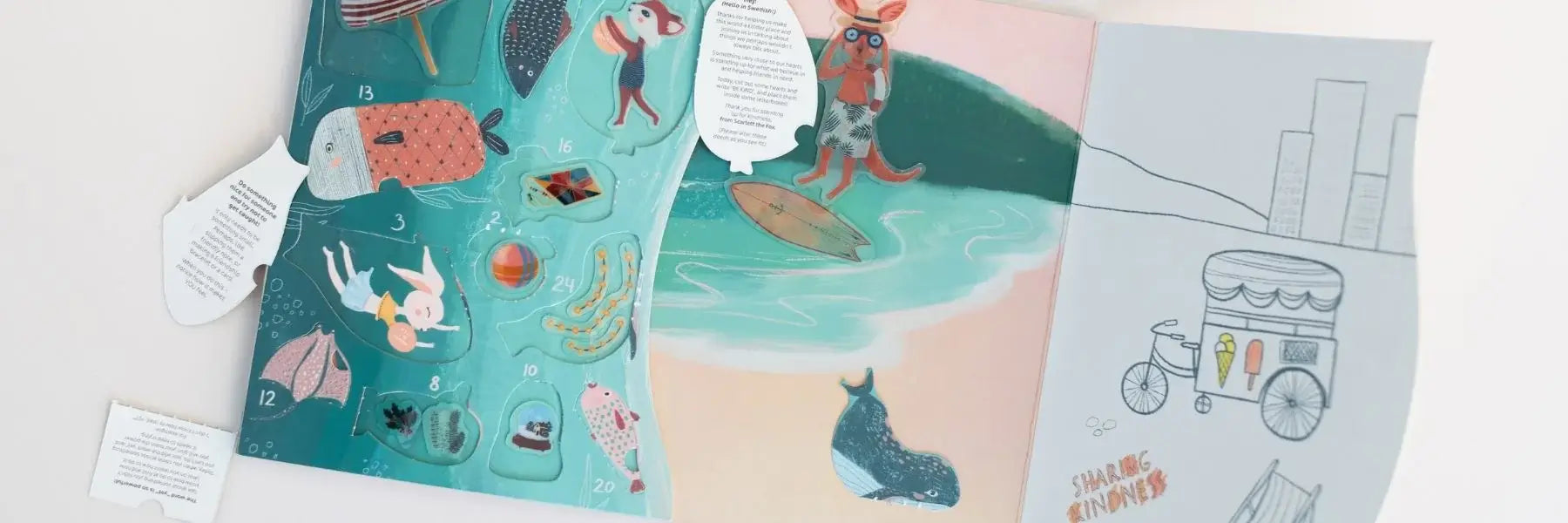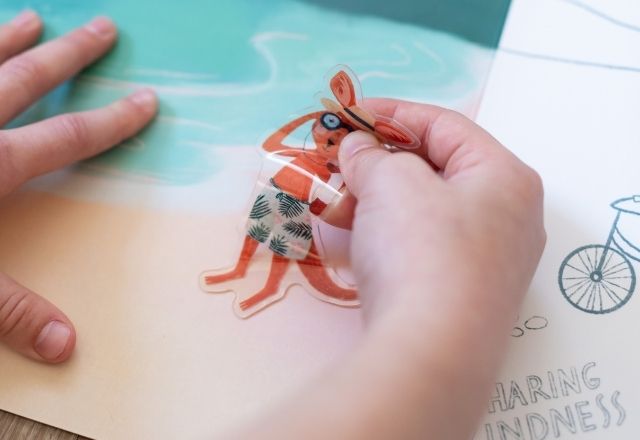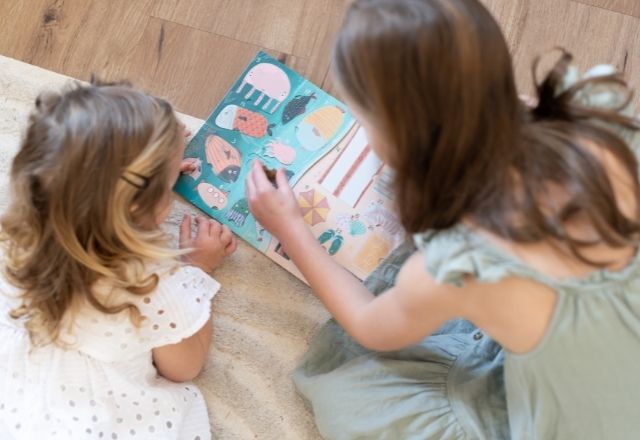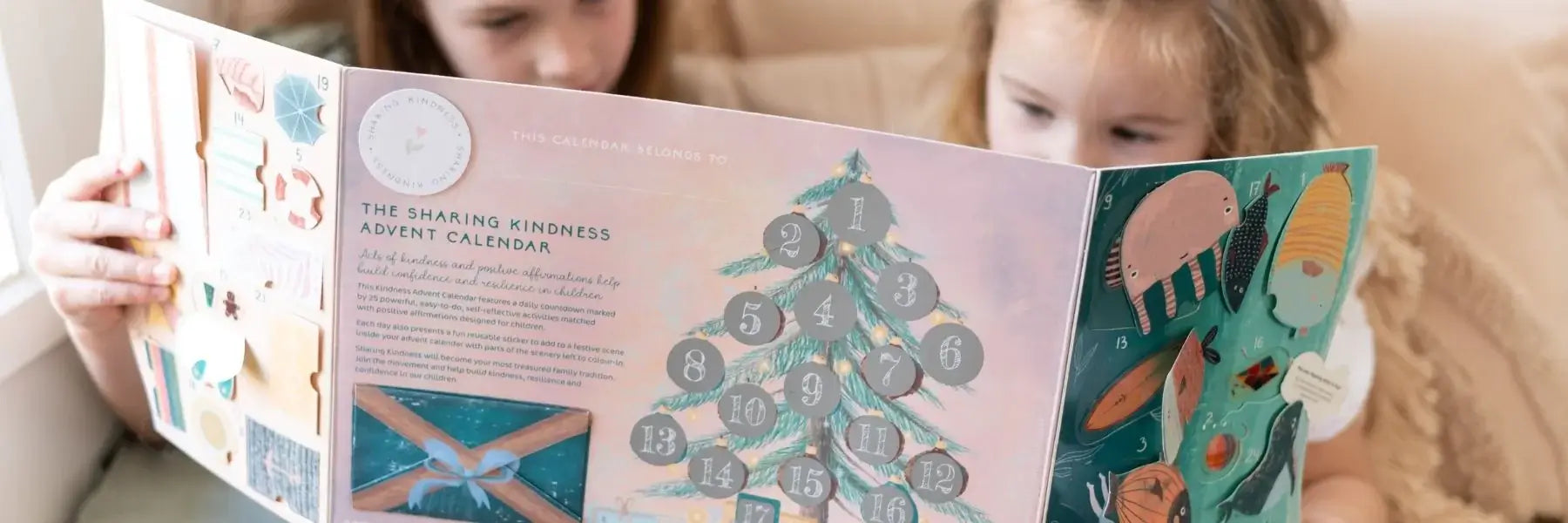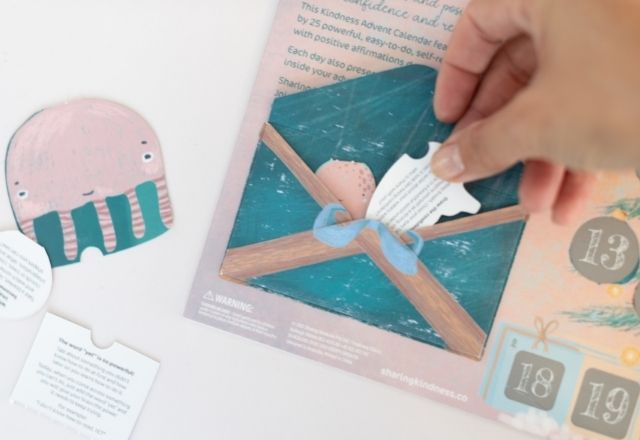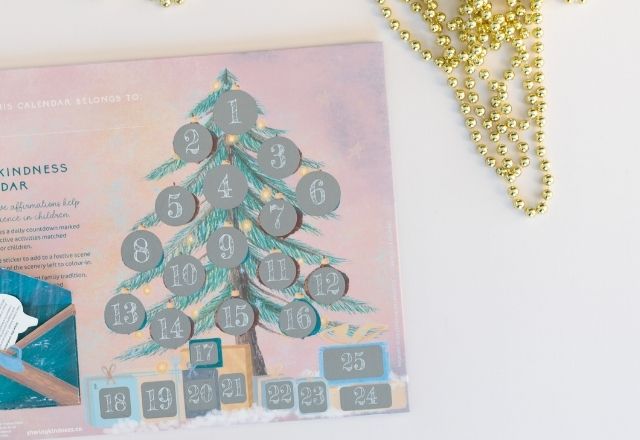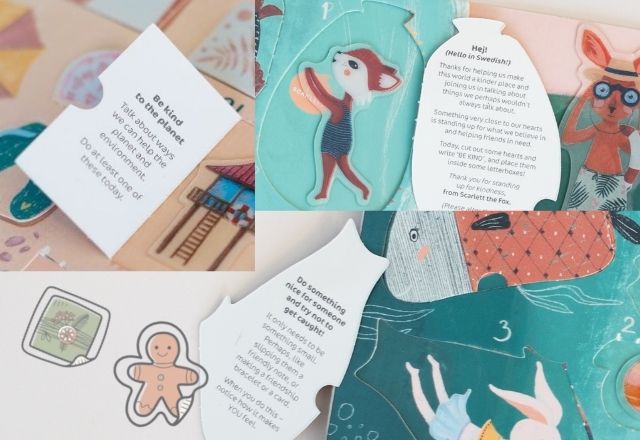

Would you agree, that CONNECTION is
what the world needs right now?
what the world needs right now?
We do too! And would to invite you to join us in an 8-Week Kindness Challenge that encourages kindness and self-reflection to become a habit. Because we believe it's the secret recipe to a healthy and happy life!
Enter your details to download
Why Practice Kindness?
The way children develop their personal stories now will influence their decisions as adults.
Wouldn’t it be great to help them develop an identity of self-worth and confidence,
sending all those negative and crippling thoughts away?
OUR PRODUCTS WILL HELP YOU TO:
AS SEEN ON
Help us share a little more kindness
Best Selling Products
The Positive Mindset Game
$59.9525 Days of Crystals & Self Love
$129.00Gratitude Rock
$12.95Wooden Card Holder
$12.95

Why I created this

Why I created this
If you want the raw and honest story... ...rewind 5 years and when I became a mother of two girls , and wow, how everything changed!
I totally lost myself to motherhood and didn’t know who I was anymore … and I had so many thoughts running through my mind…
"How can you teach your kids to be confident when you don’t feel confident in yourself?
"How do you teach them to be resilient and confident but still humble and compassionate? And how do you raise them to truly believe in themselves, yet still be kind to others?"
And it was during this struggle I really started digging deep into my what my true values were and who I wanted to be as a person and I quickly realised I had a very important MISSION...
...to try my best to not pass down the self-limited beliefs I had created for myself.
Perhaps you have felt this way too?

READ FULL STORY HERE
Instead of eating chocolates and lollies everyday leading up to Christmas - we've created an advent calendar and count down the days with 25 kindness deeds, reusable stickers, positive affirmations instead!
Click the images to see what's involved >>>

30 Day Money Back Guarantee
We love what we've created, if you don't, just send if back for a full refund. We want you and your kids to be happy!
